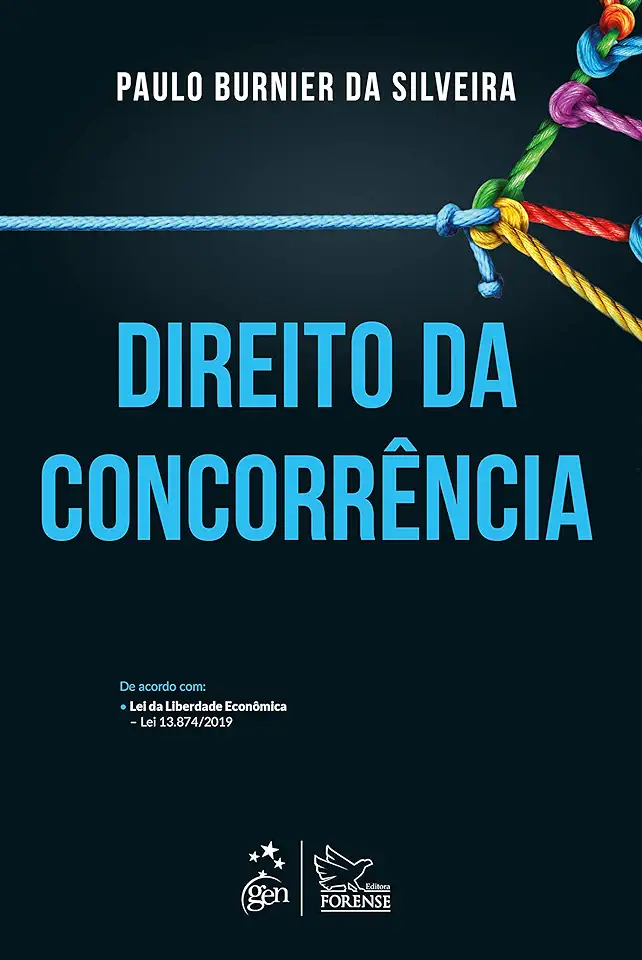
Competition Law - Silveira, Paulo Burnier Da
Competition Law: A Comprehensive Guide to Brazilian and European Union Law
Introduction
Competition law is a complex and ever-changing field, but it is essential for businesses of all sizes to understand the rules in order to avoid costly penalties. This book provides a comprehensive guide to competition law in Brazil and the European Union, two of the world's most important economic regions.
Brazilian Competition Law
Brazil's competition law is based on the principle of free competition, which is enshrined in the country's constitution. The main competition law statute is Law No. 12,529/2011, which prohibits anti-competitive agreements, abuses of dominant position, and mergers that substantially lessen competition.
The Brazilian competition authority is the Administrative Council for Economic Defense (CADE), which is responsible for enforcing the competition law. CADE has the power to investigate alleged violations of the law, impose fines, and order companies to cease and desist from anti-competitive practices.
European Union Competition Law
The European Union's competition law is based on the Treaty on the Functioning of the European Union (TFEU), which prohibits anti-competitive agreements, abuses of dominant position, and mergers that significantly impede effective competition.
The European Union competition authority is the European Commission, which is responsible for enforcing the competition law. The Commission has the power to investigate alleged violations of the law, impose fines, and order companies to cease and desist from anti-competitive practices.
Comparative Analysis of Brazilian and European Union Competition Law
There are a number of similarities and differences between Brazilian and European Union competition law. Both jurisdictions prohibit anti-competitive agreements, abuses of dominant position, and mergers that substantially lessen competition. However, there are also some important differences between the two jurisdictions.
One of the most significant differences is the way in which the two jurisdictions define the concept of "market power." In Brazil, market power is defined as the ability of a company to control prices or output in a market. In the European Union, market power is defined as the ability of a company to prevent effective competition in a market.
Another important difference between the two jurisdictions is the way in which they treat vertical restraints. Vertical restraints are restrictions that are imposed by a company on its suppliers or customers. In Brazil, vertical restraints are generally prohibited unless they can be justified by efficiency gains. In the European Union, vertical restraints are generally permitted unless they have a negative impact on competition.
Conclusion
Competition law is a complex and ever-changing field, but it is essential for businesses of all sizes to understand the rules in order to avoid costly penalties. This book provides a comprehensive guide to competition law in Brazil and the European Union, two of the world's most important economic regions.
Why You Should Buy This Book
This book is essential for anyone who wants to understand competition law in Brazil and the European Union. It is a comprehensive and up-to-date guide to the law, and it is written by a leading expert in the field.
If you are a business owner, this book will help you to avoid costly penalties for violating competition law. If you are a lawyer, this book will give you the knowledge you need to advise your clients on competition law matters. And if you are a student, this book will provide you with a solid foundation in competition law.
Order your copy of Competition Law today!
Enjoyed the summary? Discover all the details and take your reading to the next level — [click here to view the book on Amazon!]